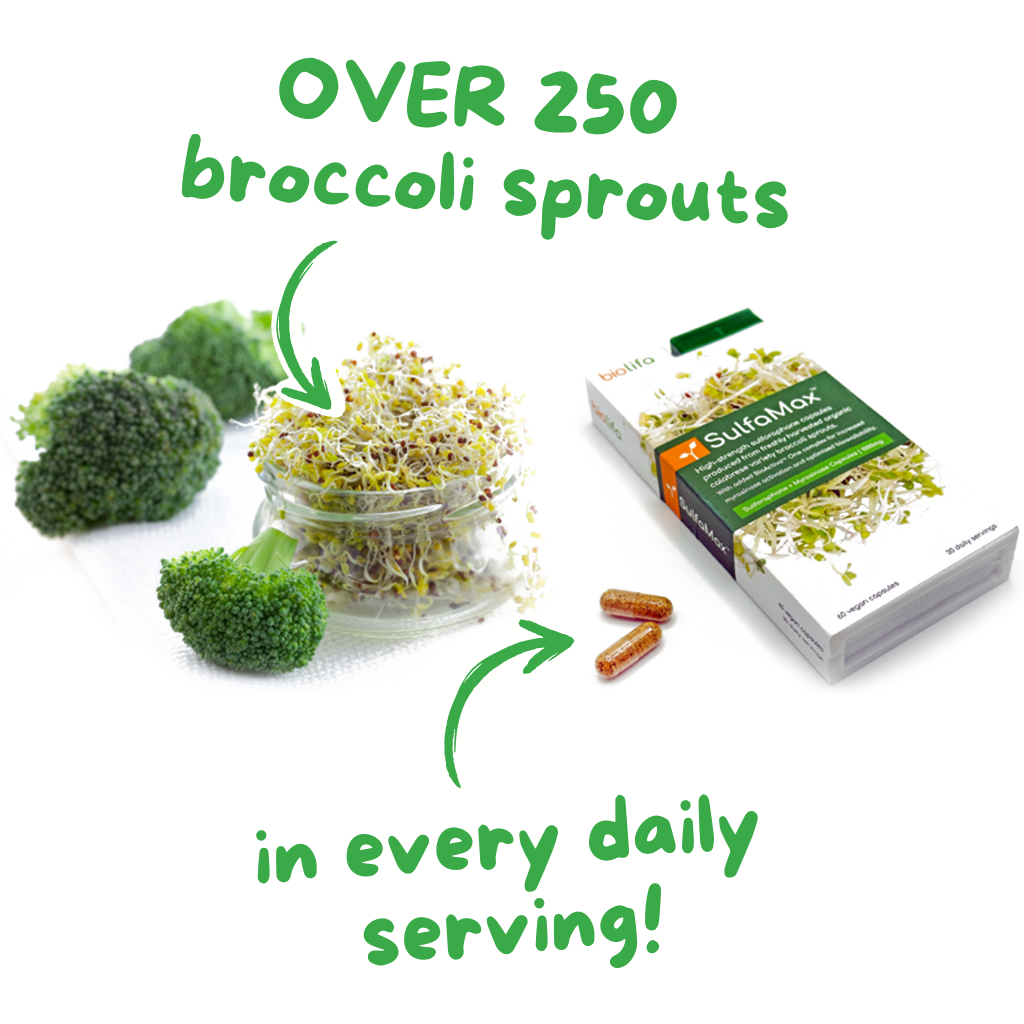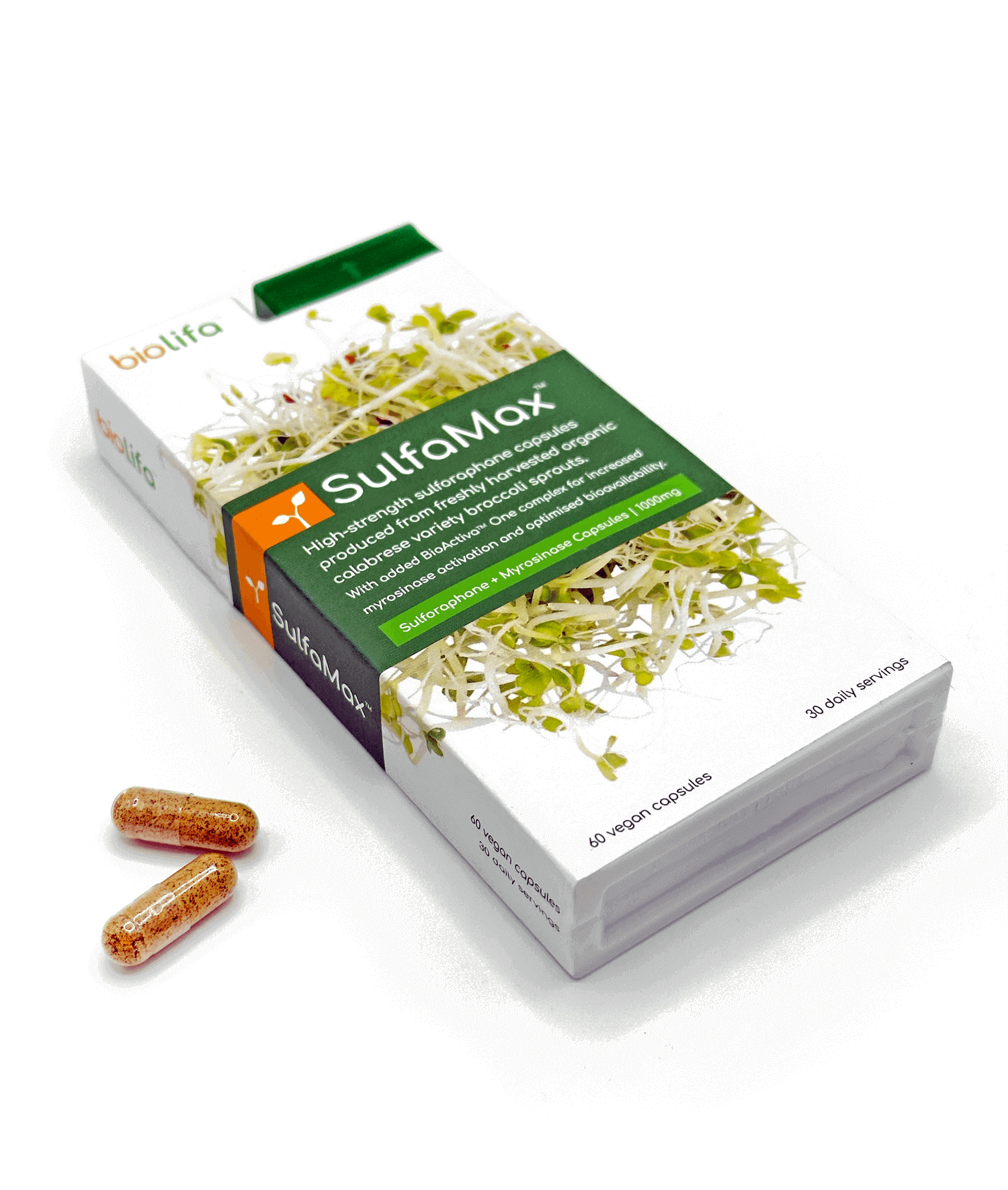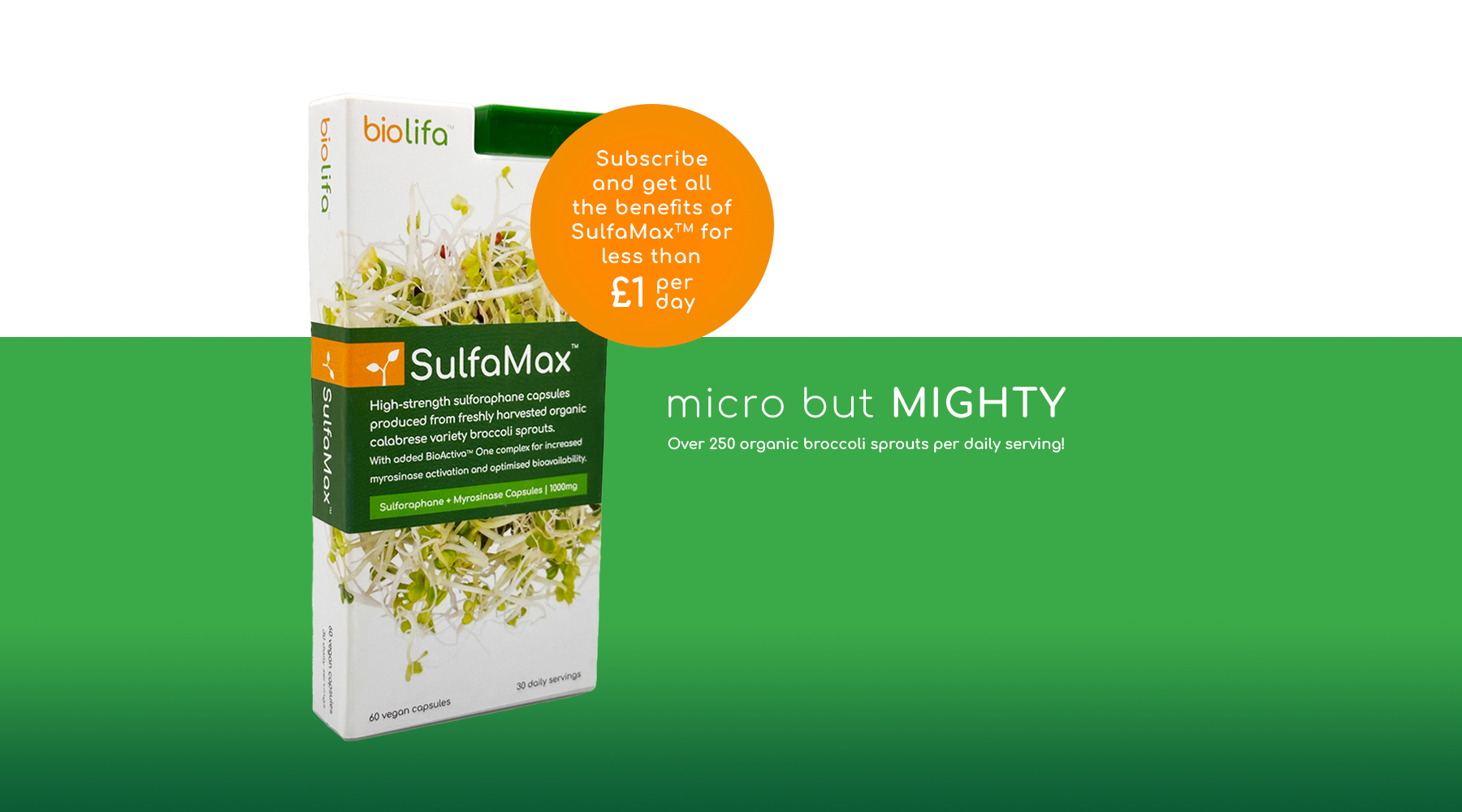Living with Irritable Bowel Syndrome (IBS) can be incredibly challenging. The constant discomfort, unpredictable flare-ups, and limited treatment options can leave you feeling frustrated and hopeless. But what if there was a natural solution that could help alleviate your symptoms and improve your quality of life? Enter sulforaphane, a powerful compound found in certain vegetables that has shown promising results in managing IBS.
What is sulforaphane and how does it work?
Sulforaphane is a naturally occurring compound found in cruciferous vegetables like broccoli, Brussels sprouts, and cabbage. It is known for its potent anti-inflammatory and antioxidant properties, which can help reduce inflammation in the gut and promote overall digestive health.
How can sulforaphane help with IBS?
Research has shown that sulforaphane can have a positive impact on IBS symptoms. It works by modulating the gut microbiota, reducing inflammation, and improving gut barrier function. These effects can help alleviate common IBS symptoms such as abdominal pain, bloating, diarrhea, and constipation.
How to incorporate sulforaphane into your diet
Adding sulforaphane-rich vegetables to your diet is a simple and effective way to reap the benefits of this powerful compound. Here are some tips to help you incorporate more sulforaphane into your meals:
1. Steam your vegetables: Steaming cruciferous vegetables like broccoli and Brussels sprouts helps preserve the sulforaphane content, ensuring you get the maximum benefits.
2. Try raw broccoli sprouts: Broccoli sprouts are one of the richest sources of sulforaphane. Add them to salads, sandwiches, or smoothies for an extra boost of this beneficial compound.
3. Experiment with new recipes: Get creative in the kitchen and try out different recipes that feature sulforaphane-rich vegetables. From stir-fries to roasted veggies, there are endless possibilities to explore.
If you want a quick, hassle free way to get broccoli sprouts into your diet on a daily basis - try our SulfaMax sulforaphane supplement which contains over 250 organically grown broccoli sprouts in each two capsule serving.
Other lifestyle changes to consider
While incorporating sulforaphane into your diet can be beneficial, it's important to remember that IBS is a complex condition with various triggers. Alongside adding sulforaphane-rich vegetables to your meals, consider the following lifestyle changes:
1. Keep a food diary: Identifying trigger foods can help you avoid potential flare-ups. Keep track of what you eat and how it affects your symptoms.
2. Manage stress: Stress can exacerbate IBS symptoms. Incorporate stress management techniques such as meditation, yoga, or deep breathing exercises into your daily routine.
3. Stay hydrated: Drinking enough water is essential for maintaining good digestive health. Aim to drink at least 8 glasses of water per day.
Conclusion
Sulforaphane offers a natural and promising solution for those seeking relief from IBS symptoms. By incorporating sulforaphane-rich vegetables into your diet and making lifestyle changes, you can take control of your digestive health and improve your overall well-being. Remember, everyone's journey with IBS is unique, so it's important to consult with a healthcare professional to determine the best approach for you. Embrace the power of sulforaphane and start your journey towards a happier, healthier gut today!







